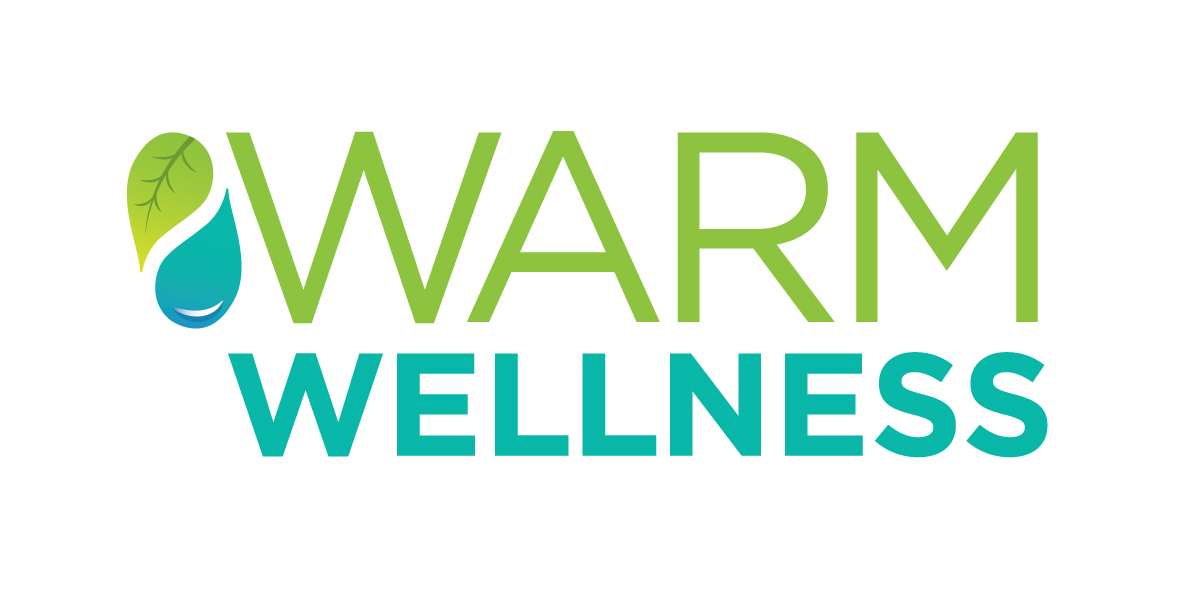As seen in My Swiss Story on September 16, 2020
Many of us have been sidelined at least once by the dreaded seasonal cold or flu if not more times than you’d like to recall. Or maybe you had a vacation (remember those?) ruined by a sick kid or a stomach bug. As the seasons change this year, there is an extra level of dread going on thanks to COVID..
First – don’t panic. Many feel powerless when it comes to protecting their families during the cold and virus season. Some even feel like being bedridden at some point, is as normal as switching out our wardrobe. I am here to tell you it doesn’t have to be. There are effective ways to boost your family’s immune system.
Pass the Cold Please
After moving overseas, my family and I seemed to play a round of pass the cold far too often. Frequent trips to the local doctor got me a shrug of the shoulders and a brush off that equated to something along the lines of “Get used to it”. As a scientist, I knew there had to be a better way. I was tired of this dreaded game and determined to find another way to win this battle.
My research led me back to school where I learned how best to fortify our immune system and keep my family healthy naturally. When I started incorporating small changes over time, I saw a remarkable improvement not only in my children’s overall health but in my husband and me as well. Gone are the days of playing rock paper scissors as to who was going to stay home with the sick kid (I always lost that game). We just don’t get sick that often anymore and if we do, the duration and severity of a seasonal cold is much more manageable.
Would you like to know our secret? Read on

The Army Inside
Think of your immune system like protective body armor that fortifies you from the inside and keeps outside threats from entering your body. We tend to not pay too much attention to this system until something penetrates through a crack in the armor and we or a loved one gets ill. Not many of us stop and think about how that crack appeared in the first place, or if it could’ve been prevented. We are more concerned with getting well again and back to our “normal” routine. So how do we create a strong immune system that prevents invaders from gaining access to the body and causing illnesses?
Good Gut Health is Your Best Defense
There has been quite a bit of talk lately about how our gut health and immune system are intertwined. But what exactly does that even mean?
Recent studies have concluded that 75% of our immune fighting organisms lie within our digestive system. Your digestive system; the one made up of your stomach, intestines, esophagus, liver, pancreas. Basically everything from where your food goes in, to where it comes out.
Your digestive system has around one trillion tiny bacteria (gut flora) that are working all the time to keep your body healthy. These tiny organisms are constantly at war with other both foreign and domestic organisms inside your body. An imbalance in your gut flora has been linked to not only a weakened immune system but mental and physical ailments as well. But for today, let’s focus on the immune system.
It is important to keep the balance of good and bad bacteria at optimal levels to maintain a healthy immune system. Some of the foods we eat have a negative impact on our gut bacteria. Why? Because foods such as sugar, dairy, wheat and heavily processed foods upset the balance and in turn weakens our immune system. Too much sweets, bread and packaged foods allows the bad bacteria to take over.
So how do we keep our gut health well … healthy?
Eating fresh plant based foods.
Avoiding processed foods.
Significantly reducing sugary foods and drinks.

One easy way to do this is to make sure that at least 50% of your plate is made up of healthy colorful vegetables. With the remainder consisting of a healthy protein and carbs or grains. The more colorful the better when it comes to the veggie section. This is not only highly beneficial for your immune system but your overall health and waistline as well.
Plan your meals so they incorporate immune-boosting foods such as red bell peppers, broccoli, ginger, mushrooms, spinach, turmeric, and papaya. Try and eat fruits and vegetables that are in season, as they have the highest vitamin and mineral content. Consume vitamin C rich citrus fruits between meals (and ditch the fruit juice). Remember five servings a day or “funf pro tag” as they like to say here in Switzerland.
If you experience chronic digestive issues either bloating, gas or an upset stomach, you may have a bacterial imbalance in your gut and be more susceptible to colds and viruses. Consider doing an elimination diet or talking to your doctor or health coach to see what may be triggering your digestive troubles.
A Fermentable Task Force
The bacteria that live in our gut are essential to our overall health. They aid with digestion, as well as the absorption and assimilation of nutrients. Modern diets, high in refined sugars, and busy, stressful lifestyles can contribute to an overabundance of the bad bacteria, enabling them to flourish. Eliminating refined, high sugar foods and including probiotic-rich fermented foods is thought to bring the gut back into balance and support the immune system.
By incorporating fermented foods you are adding beneficial bacteria and enzymes to your overall intestinal flora, increasing the health of your gut and digestive system, and enhancing the immune system. Try experimenting with foods that contain active cultures like kefir, sauerkraut, kombucha, miso, and yogurt.

Sleep Your Way To The Top
Lack of sleep can negatively affect your immune system. Studies show that people who don’t get quality sleep are more likely to get sick after being exposed to a virus. Lack of sleep can also affect how fast you recover if you do get sick.
Without sufficient sleep, your body makes fewer cytokines, a type of protein that targets infection and inflammation, effectively creating an immune response. Cytokines are both produced and released during sleep, causing a double whammy if you skimp on shut-eye. Lack of sleep can even cause the flu vaccine to be less effective by reducing your body’s ability to respond. Infection-fighting antibodies and cells are reduced during periods when you don’t get enough sleep.
The bottom line is your body needs sleep to fight infectious diseases. How much sleep depends on your age. For normal adults age 18 and up, it is recommended to get 7-8 hours of quality sleep. Teenagers, from 8-10 hours and children aged 6-13 years old from 9-11 hours. Here is the thing even if you do come down with a case of seasonal sniffles, you’ll be able to bounce back faster if your body is well-rested. So skip the late-night Netflix binge and grab some shut-eye instead.

Keep Up Your Defenses
The bottom line is there are things we can do to boost our immune system. It does not have to be left up to chance. Simple habits like eating enough vegetables and getting enough sleep are not just good for your immune system. They are crucial to living a long and healthy life.
Later this month I will touch on the role exercise and reducing stress can play in strengthening your immune system as well.
If you would like to learn simple ways to strengthen your immune system this fall, check out this Immune Boosting Strategies eBook.

